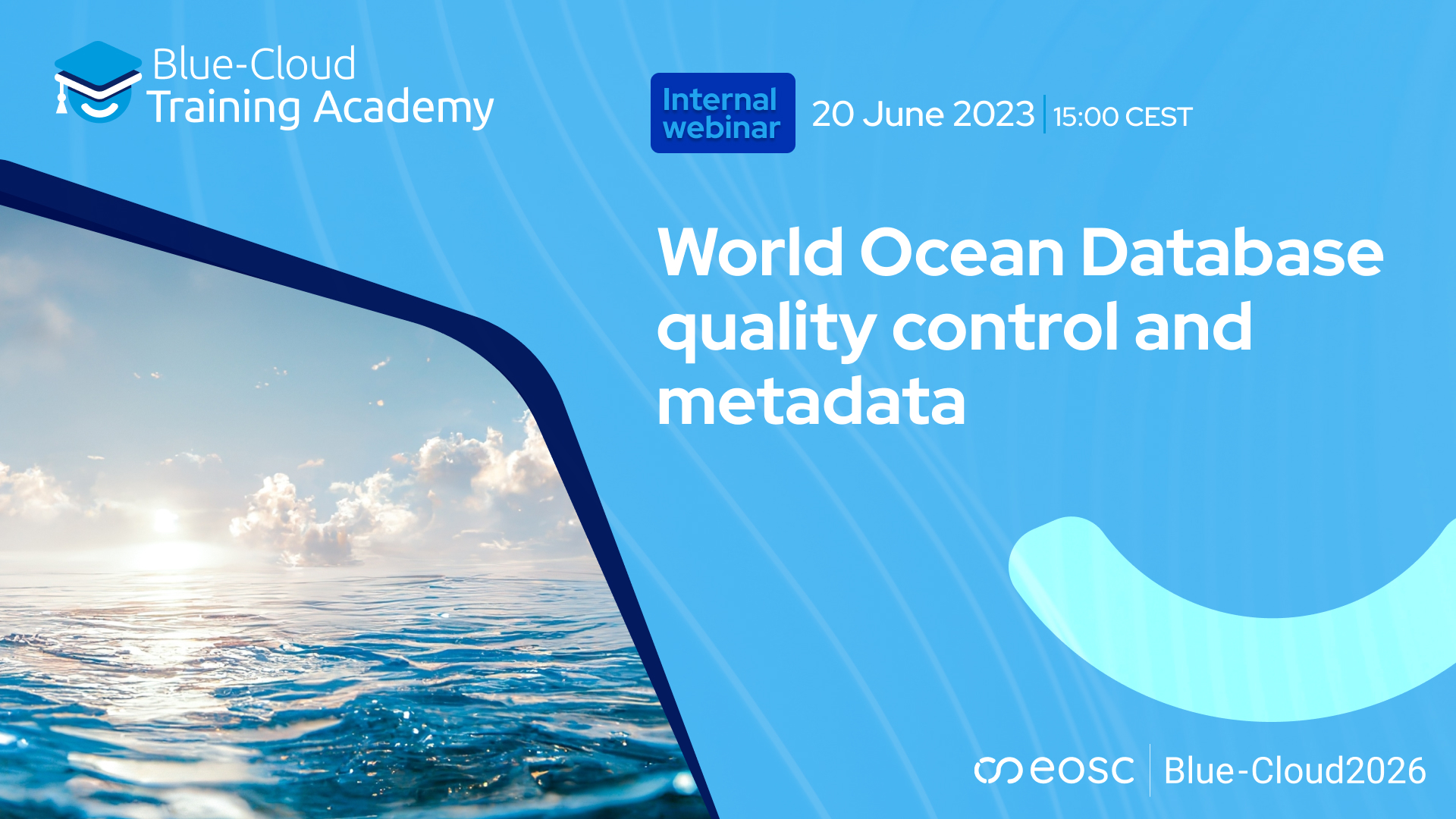World Ocean Database quality control and metadata

Advancing Quality Control and Metadata in the World Ocean Database
The World Ocean Database (WOD) is a global initiative led by IOC IODE aimed at openly sharing and consolidating a vast collection of historical and contemporary oceanographic data, including physical, chemical, and plankton profiles, adhering to FAIR principles and rigorous quality control. Hosted at NOAA, WOD encompasses over 18 million profiles of crucial ocean variables sourced from research programs, institutions, scientists, and data centers across 96+ countries. This well-structured, searchable, and metadata-rich database promotes data reproducibility and assures data provenance. Originator data in WOD are openly accessible, potentially receiving DOIs. WOD's metadata empowers ocean data users to select and extract relevant data, while facilitating easy data uploads for international collaboration and equitable data availability. We eagerly seek global partnerships to foster open ocean data sharing, enhance data quality control, eliminate duplicates, improve calibration, standardize metadata, and provide FAIR analysis-ready data. The benefits of adopting the WOD were explored by the Blue-Cloud team during an internal training led by the ESEB member, Hernan Garcia.
Blue-Cloud EOV Workbenches
In Blue-Cloud 2026, advanced Workbenches (WBs) are being developed to streamline data handling for Essential Ocean Variables (EOV). These tools enhance data harmonisation, validation, and qualification from various sources. These novel Workbenches leverage cloud tech, AI, and advanced analytics for improved data handling. They are set to be adopted by key initiatives, consistently producing validated data collections, enhancing oceanic simulations. The EOV Workbenches cover Physics, Eutrophication, and Ecosystem-level Variables.